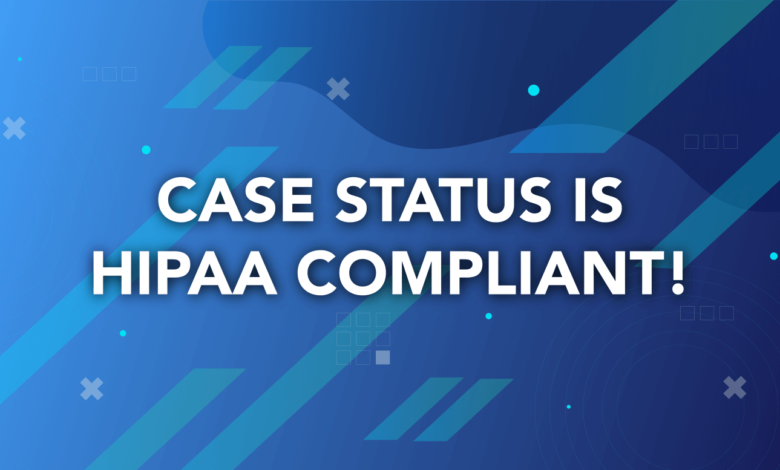4 Ways To Make Your Email HIPAA Compliant

HIPAA compliant email applications help clinicians to exchange private information with their patients and colleagues in a secure way. If you want to improve the security of your communication channels, select the most secure email system. Here are four ways to make your emails HIPAA compliant:
Use Access Control
Access control is a safety measure that enables only those with valid authorization to access your clinic’s patient records. All employees enter user names and passwords to confirm their accounts when they log in to their emails. The passwords include letters, numbers, and special characters to keep hackers from deciphering the login details.
Access control is directed towards assigning permission to the practice staff to retrieve specific files relevant to their positions. Healthcare providers can look at and make changes to patient medical records while administrative staff monitor appointment calendars. Regular reviews through identification of and revoking unnecessary access permissions reduce the possibility of unauthorised data disclosures.
Implement Integrity Control Aspects
Some HIPAA compliant email services use integrity controls, such as digital signatures, to verify whether the message is legitimate. With the signature, the recipient checks if hackers have changed or interfered with the email content during transit. When sending emails containing patient diagnoses and treatment, use encryption tools to protect such information from cyberattacks.
End-to-end encryption turns email messages into a secret code only the intended recipient can read. Email filtering is another way to maintain data integrity as it detects and prevents malicious or unauthorised changes to the email. This tool scans email attachments for viruses and phishing attempts, compromising communication and resulting in breaches.
Have a Data Protection Plan
Using a secure email service with a good data backup strategy makes it easier for your clinic to mitigate the possibility of data loss. Some companies provide live backup data to secure the information in case of natural calamities or cyber-attacks. When you enable data backup, the system automatically saves all your emails and attachments in the cloud.
The system also archives incoming and outgoing messages containing protected health information to retain data. With such protection measures in place, you can retrieve records and continue treating patients without delays. Having a data protection strategy keeps your clinic away from legal liabilities and reputational damage from accidentally exposing patient details.
Maintain Audit Trails
Many email systems have activity logs that show the time and date of logins with IP addresses. Through this information, managers can detect odd logins from unknown IP addresses. The audit trail helps medical offices change passwords and access privileges to reduce the chances of data loss. By looking through the activity logs, security teams can play back the sequence of events and uncover the entry point to the cyberattack. After identifying issues in your email communication, you can work with an email provider who can incorporate extra features to close those gaps.
Invest in a HIPAA Compliant Email System
With secure email features, your practice can send messages effectively without worrying about data leaks and privacy violations. Professionals assess the current system for underlying issues to implement safety features. Contact a HIPAA compliant email provider to learn more about their services.



